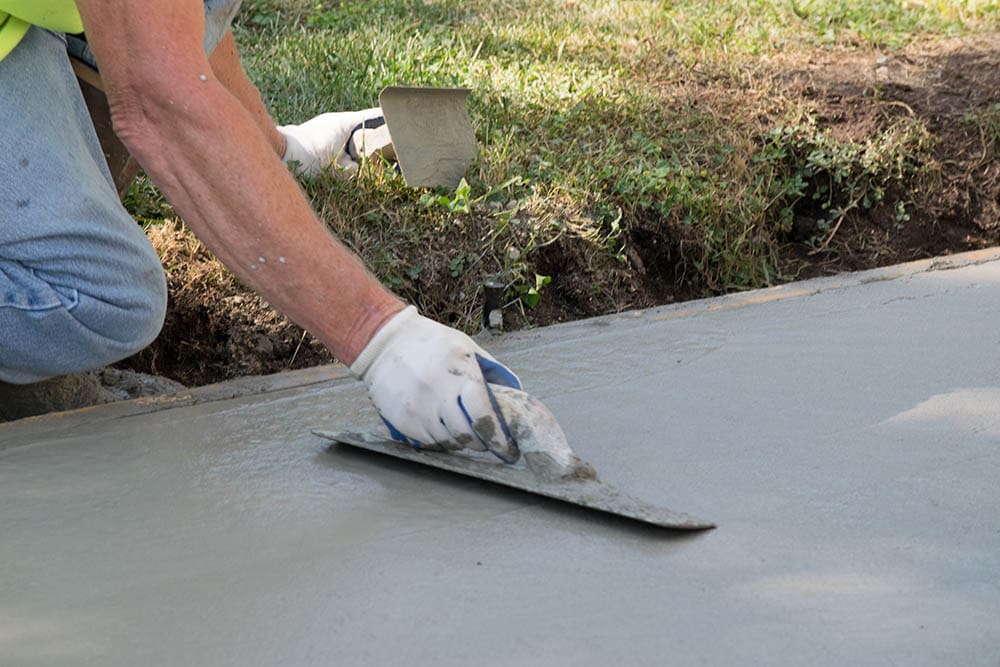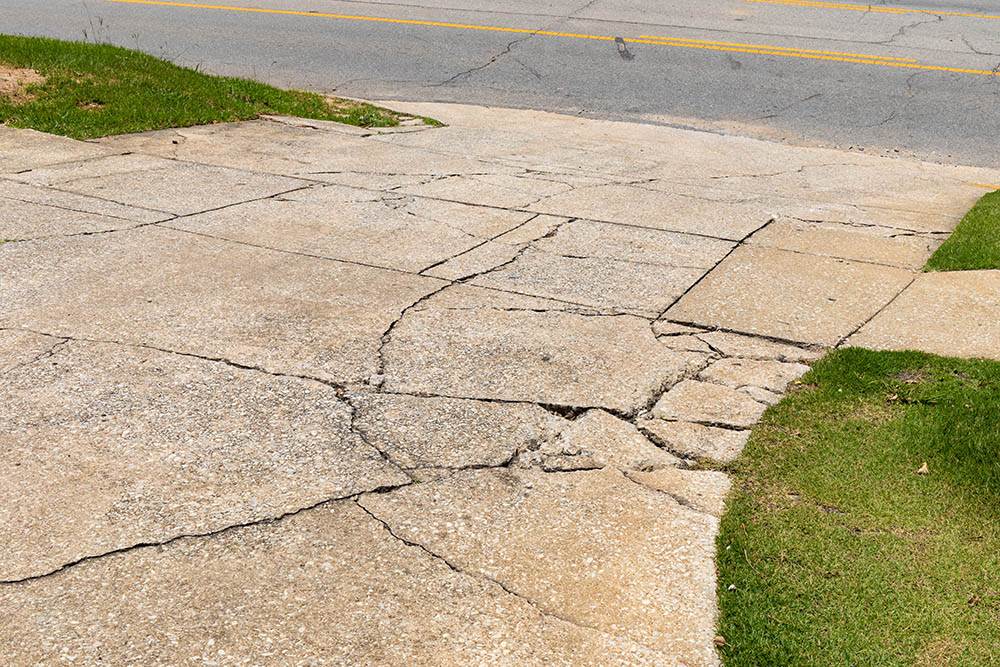How Often Should You Seal Your Driveway? Reasons & Benefits
-
Codee Chessher
- Last updated:

A brand-new driveway is a thing of beauty, but over time, adverse weather and oil from your car can crack and stain its surface. To protect your driveway, you should seal it with an asphalt-based sealcoat every 2–3 years. In some locales with more adverse conditions, you may need to reseal asphalt driveways every year or so.
Don’t reseal concrete driveways every year, though, no matter how bad the weather is. Annual resealing can actually cause more hairline cracks in the concrete, which can spread and ruin the whole driveway.
Now that you understand why you need to seal your driveway, you can start to understand the little details that go into it. This article will focus on sealant timing, benefits, and other relevant info, so let’s dive in.

When Should I Seal a Brand-New Driveway?
The surface of fresh driveways may appear dry, but the asphalt or concrete within has compounds that take time to cure and harden. If you seal it prematurely, the driveway won’t be able to cure correctly, and it’s more likely to crack or show tire imprints. Generally speaking, it takes at least 3 months for a fresh driveway to be fully cured.
We would recommend waiting closer to 6–9 months after the driveway is poured, but 3 months is the absolute minimum. The longer you wait, the stronger your driveway will be.

What Time of Year Is Best to Seal a Driveway?
As long as the temperature is above 50°F, you can seal your driveway. Hotter weather is actually preferable because it helps the sealcoat dry and cure faster. Roughly 90°F is the upper limit, and temperatures hotter than that will make it dry too fast.
Always avoid sealing driveways in the cold winter months because the temperature won’t allow it to cure properly.
Benefits of Sealing a Driveway
There are numerous benefits of sealing your driveway, assuming you keep it regularly coated. Let’s check out a few of these benefits so you can judge for yourself if it’s worth it. These benefits include:

- Saving you money by reducing wear and tear from car tires and other heavy traffic.
- Greatly extending the driveway’s lifespan, which further saves you money on resealing in the future.
- Reduces weather abrasion from harsh solar UV rays, heavy snow, extreme temperature fluctuations, and other adverse weather conditions.
- Improving your driveway’s appearance by providing an aesthetically-pleasing, uniform layer on top of your driveway.
- Helps ice and snow melt, which reduces the amount of moisture that gets into your driveway. Less moisture reduces the chances of your driveway cracking.
What Happens if You Don’t Seal Your Driveway?
If you don’t seal a driveway, it may wear and crack prematurely, especially when exposed to extreme weather conditions. The driveway will still last a few years under most conditions, but in that time, oxygen and water have a greater chance of seeping into the driveway’s pores.
When water and oxygen get into the driveway, they first cause imperceptible hairline cracks. With more time and exposure to extreme weather, more and more cracks form. When they reach the surface and become visible, the process accelerates even more.
The good news is that even a cracked driveway can be sealed. Many sealants on the market have elastomeric properties, meaning they’ll fill and seal cracks. One caveat is that you might not be able to seal driveways with severe damage. In such instances, you may need to tear out the concrete or asphalt and have a new driveway poured.


Conclusion
Sealing your driveway is the best thing you can do to protect your driveway, extend its lifespan, and save money. Driveways should be sealed every 2–3 years, but in some cases, you can reseal them before or after that specific timeframe.
Featured Image Credit: Piqsels
Contents
